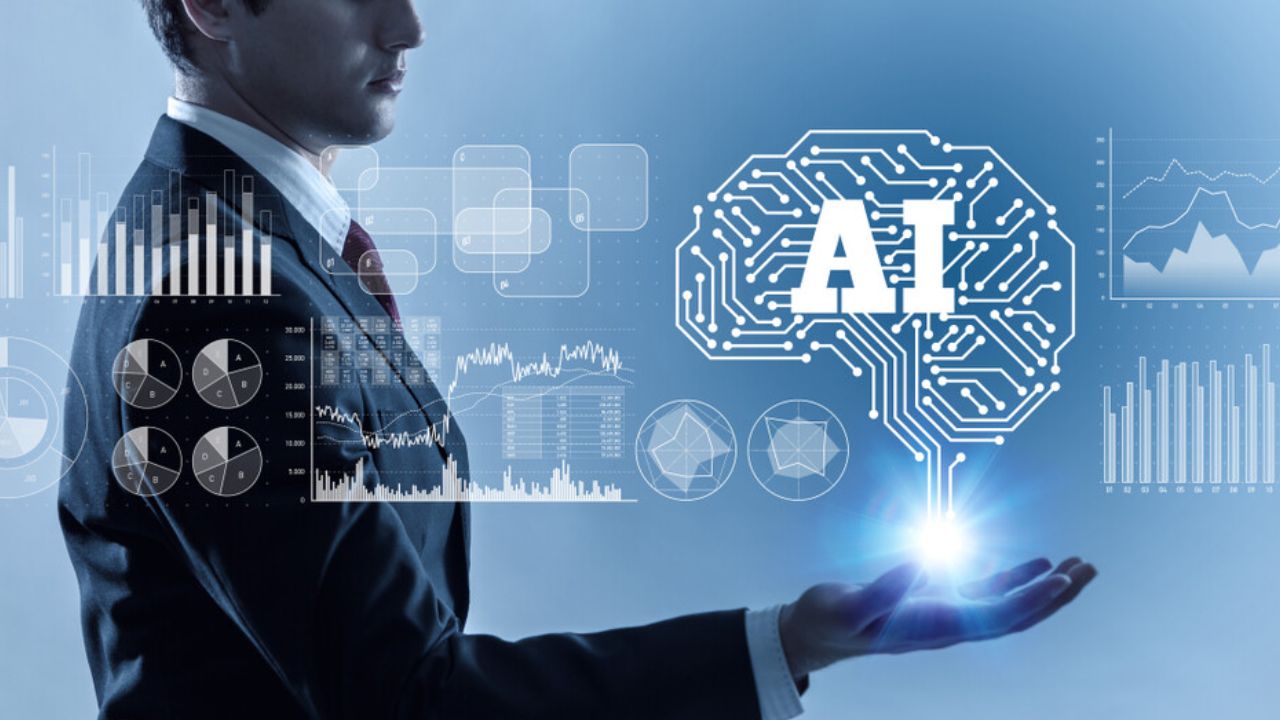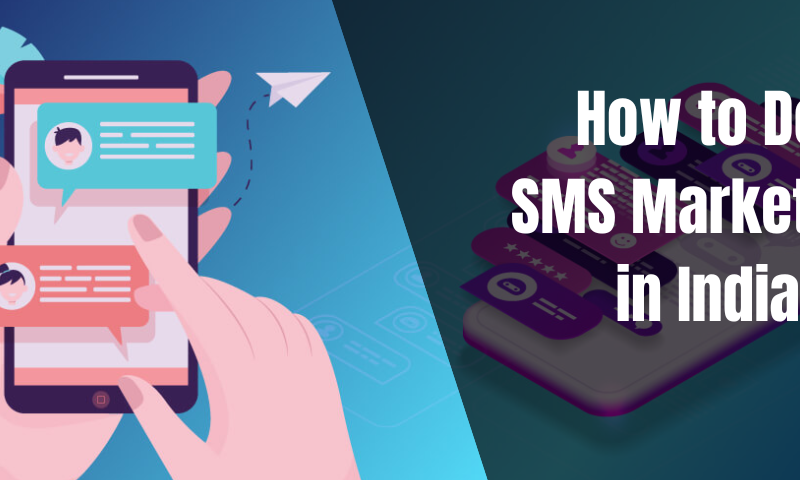
The Pros and Cons of AI in Marketing
Different marketing strategies call for different levels of automation and artificial intelligence or AI. It may be a fine line, but when done right, AI proves to be very useful – there’s a good reason why marketing and sales teams prioritize AI and machine learning and consider it a critical component of success.
AI marketing is a method of leveraging intelligence technologies to collect data, and customer insights, anticipate customers’ next moves and make automated decisions that impact marketing efforts.
Though there are different definitions of AI, the most important factor for marketers to know is how AI bridges the gap between data and execution. With the use of AI, marketers and digital marketing agencies have been able to improve their digital marketing strategies with little effort because AI sifts through the big data, resulting in not only a clear picture of your target audience but also an overall improvement on the entire customer journey. AI is built to emulate human-like levels of intelligence; however, with that said, it’s important to keep in mind that no machine or technology can replace the human touch.
To get a better understanding, let us look into the benefits that AI brings to marketing:
*Improved Personalization & Recommendations: The way consumers respond to and interact with marketing messages is changing. Traditional marketing methods like media advertising and direct mail are no longer as effective as they once were. One of the reasons for this is today’s consumers’ expectations. They want brands to tailor messages to their location, demographics, or interests. Many will not engage with or even may ignore non-personalized marketing.AI enables marketers to personalize their communications on an individual level rather than the generic target groups that marketers relied on in the past. This technology works by predicting customer behaviour based on intelligence learned from previous brand interactions. This means that marketers can send content and marketing communications that are most likely to convert the lead into a sale, at the best possible times to drive conversions.
*Dynamic Pricing: AI is often referred to as personalized pricing. It’s a pricing strategy wherein a product’s price is determined by demand and/or supply. Providing discounts is a sure way to accelerate sales, but some customers will buy with a smaller discount, or if there is no discount at all.AI can be used to set the price of products dynamically depending on demand, availability, customer profiles, and other factors to maximize both sales and profits. Customers also can benefit from dynamic pricing when the demand for a product is down. In a way, dynamic pricing can offer competitive pricing to attract customers.
*Chatbots and customer service: With the rise of Facebook Messenger, WhatsApp, and other messaging apps, it has become a convenient way for customers to contact companies. However, ensuring the accounts are constantly staffed with customer service agents can be an expensive affair. Hence, to reduce the workload and provide a faster response to customers, some organizations are now using chatbots to deal with common customer queries and provide instant replies at any time of the day or night. Chatbots can be programmed to provide set replies to frequently asked questions and to direct the conversation to a human agent if the question is too complex. This reduces customer service time and the workload is lifted, leaving the agents free to deal with conversations that need a more personal response. With virtual assistants like Siri, Google Assistant, Alexa, and Cortana, we’re getting more comfortable with chatbots and in some cases even preferring them to a real person.
*Search Engine Optimization: Search algorithms are improving all the time in every aspect from small database product searches on e-commerce sites to search engines like Google that are used by millions of people every day. Integrating AI into search can pick up misspellings and suggest alternatives and may also be influenced by past browsing or shopping behaviour. Google is becoming increasingly sophisticated at working out searcher “intent”. It is providing a better user experience for searchers, and voice search is becoming more commonplace as the number of AI-powered devices and assistants continues to grow. Further, with the growth of mobile internet usage and smart home speakers, voice research is increasing all the time and is expected to continue doing so.AI is necessary to interpret complex patterns in speech and to recognize meaning from spoken search queries, which are very different from traditional typed searches. Marketers can also use AI to optimize their content for voice search, helping to improve SEO and site traffic as we move increasingly into a voice-operated digital world.
*Increased ROI: AI helps marketers better understand customers and improve customer experiences. AI-powered marketing enables marketers to create a predictive customer analysis and design customer journeys more targeted and individually tailored, which effectively increases ROI on each customer contact. Through AI, marketers can gain greater customer insights and know better how to group them and drive them to the next step to bring in the best experience on their journey. By deeply analysing customer insights and understanding what they actually want, marketers can maximize ROI without wasting budgets on efforts with no effects. They can also avoid dwelling on mind-numbing campaigns that annoy customers.
Having said that, does this mean AI in marketing doesn’t have any disadvantages? Not quite true. It does have a few cons that also needs proper consideration.
*Customers don’t always like chatbots or even talking to computers on the phone: Simple, unsophisticated chatbots can sometimes make it obvious that there is no human on the other end. This can make certain people who are not tech-savvy very uncomfortable. Chatbots should be used with care based on the target audience and supported by a live human as often as possible.
*Computers vs humans: While science fiction offers many scenarios where technology takes away all of the human jobs and robots take over the world, the world has not yet come to that point. Especially, in marketing, the need for humans will always be there. The art of persuasion with subtlety and creativity is not something that a computer can possess.
Creativity and cultural context will be sorely lacking if a company only uses AI for content creation. Artificial Intelligence may offer certain solutions and efficiencies but, ultimately, humans are still the epicentre of the marketing world.
*Algorithms can be wrong: It’s hard to imagine that a computer could be wrong. And mathematically or formulaically they might always be “right” but humans are comprised of so much more than simply formulas and statistics. Humans are unique and have many varieties of tastes and preferences that cannot be narrowed down to a formula. The very thing that makes us human is the fact that we are constantly changing and growing, and there are always outliers.



